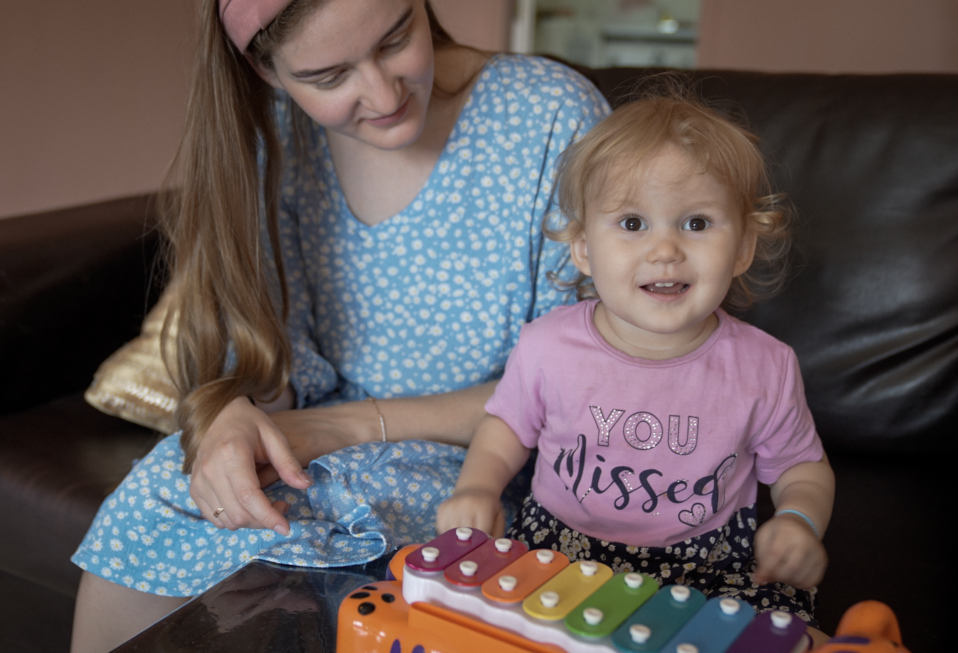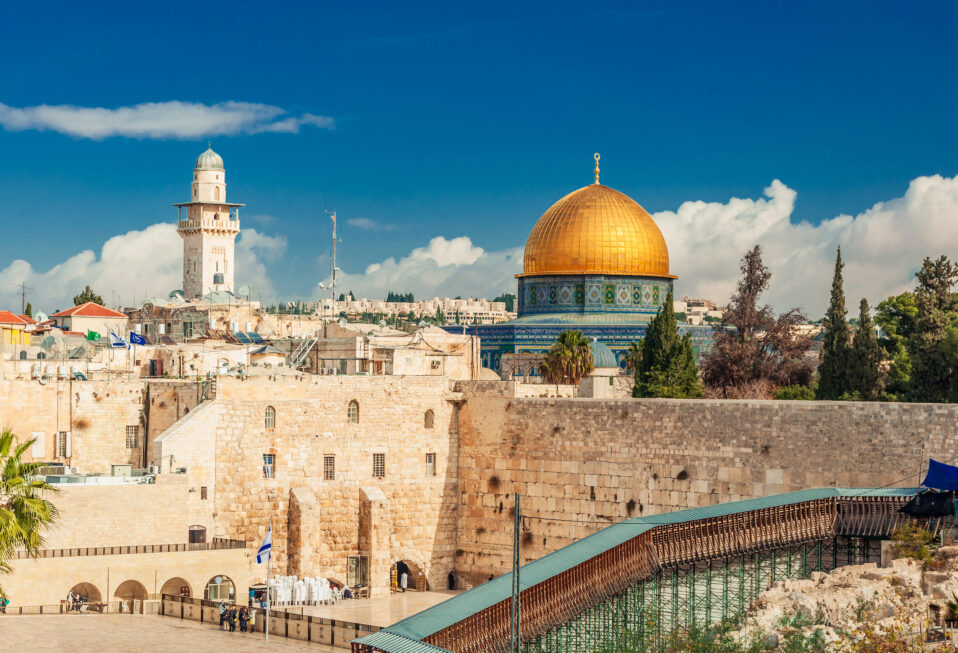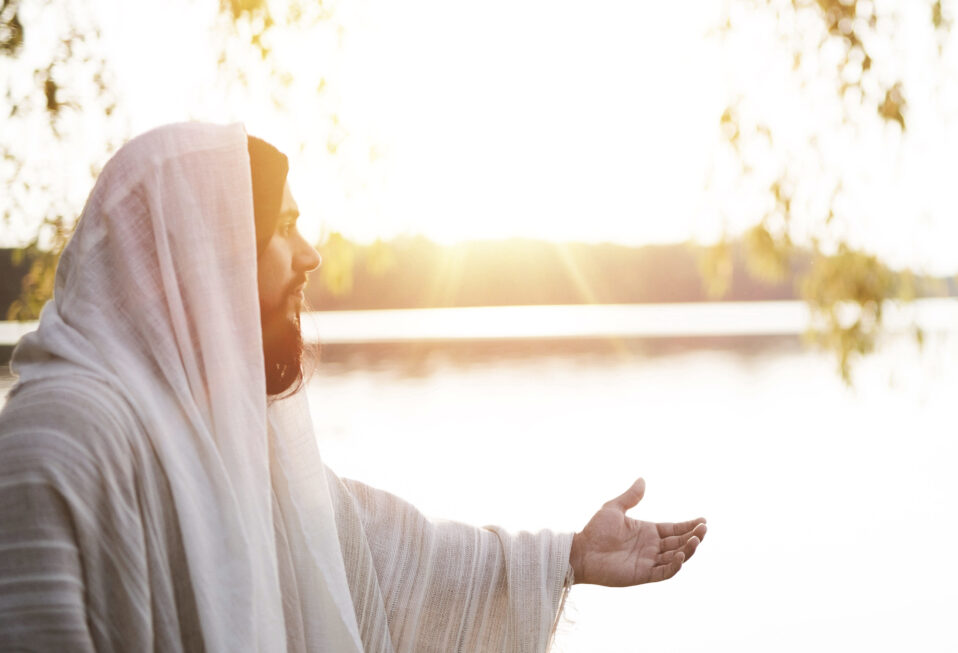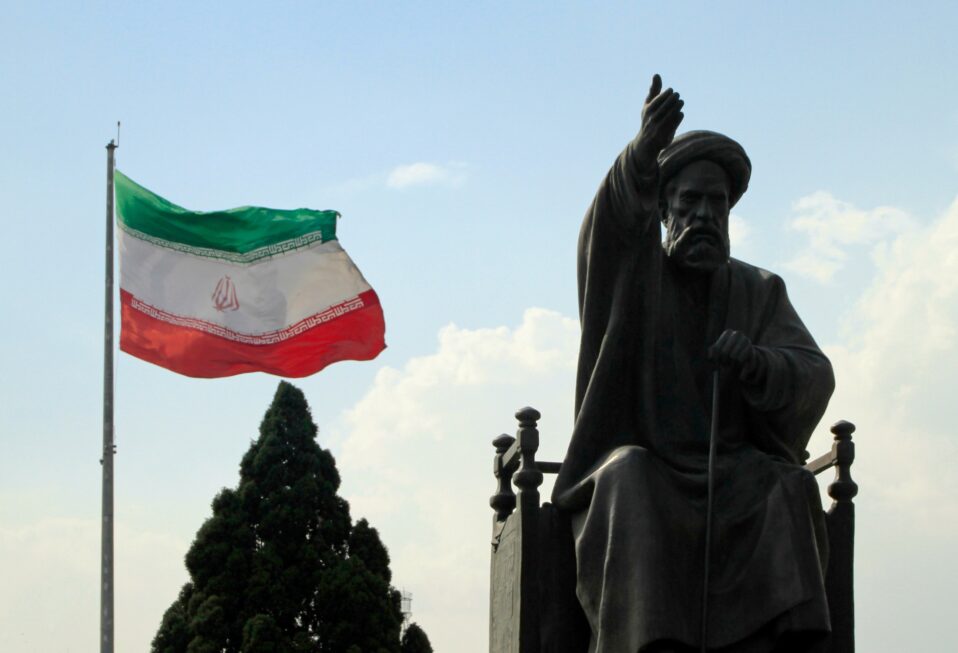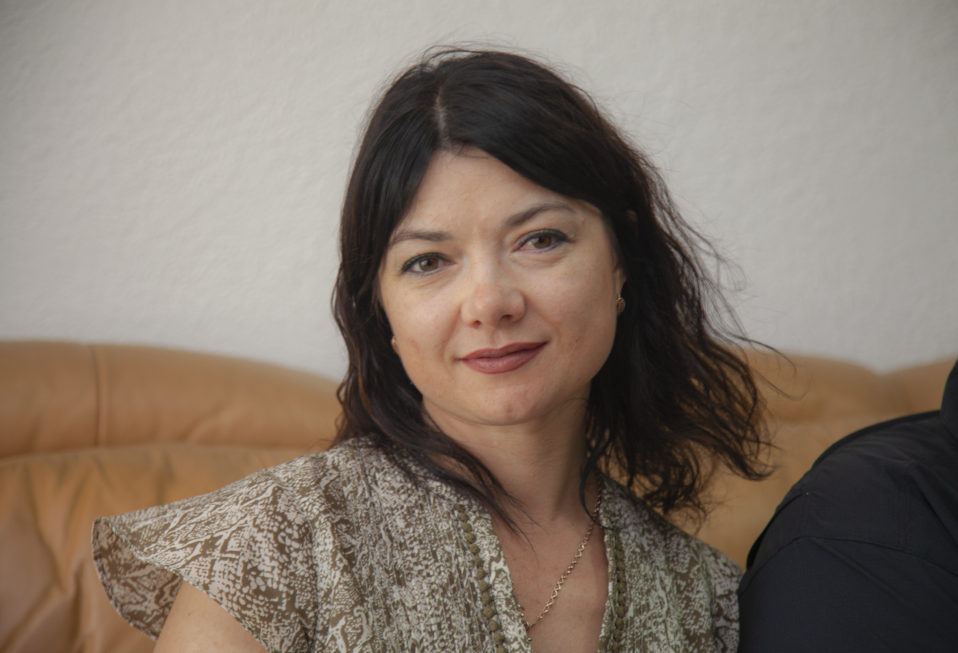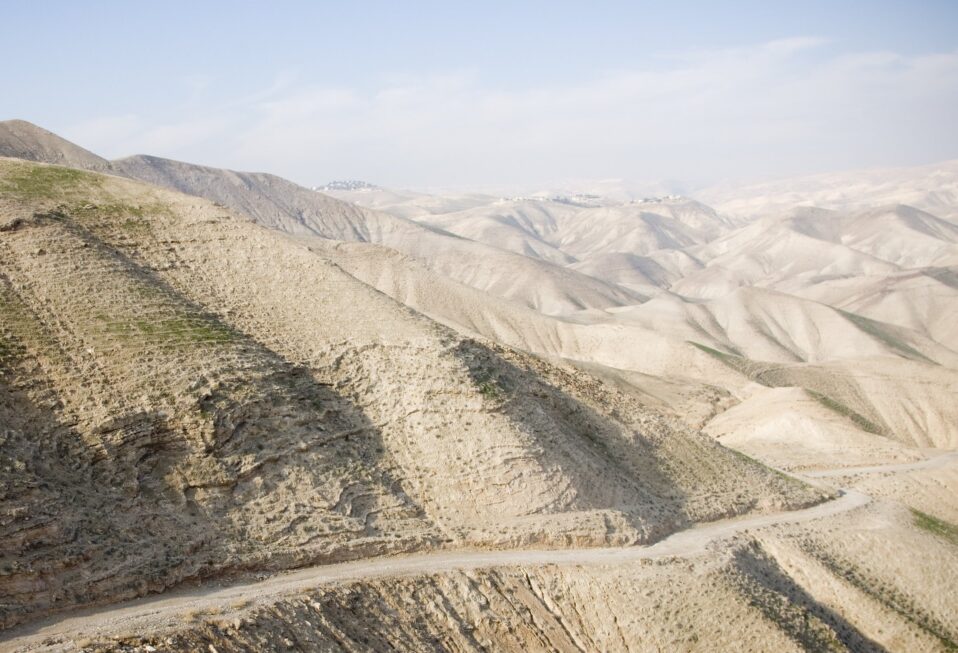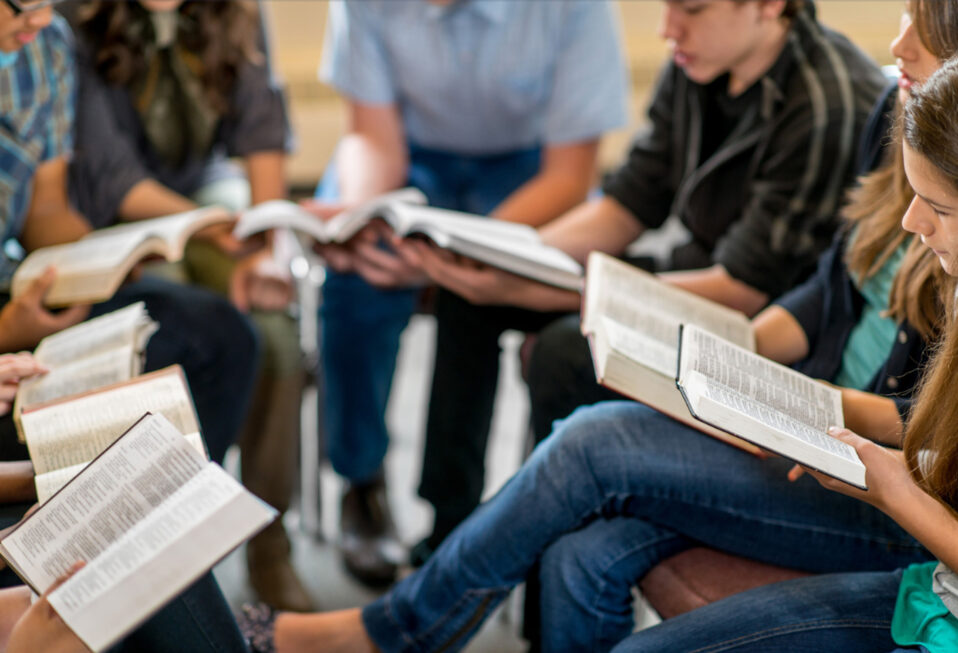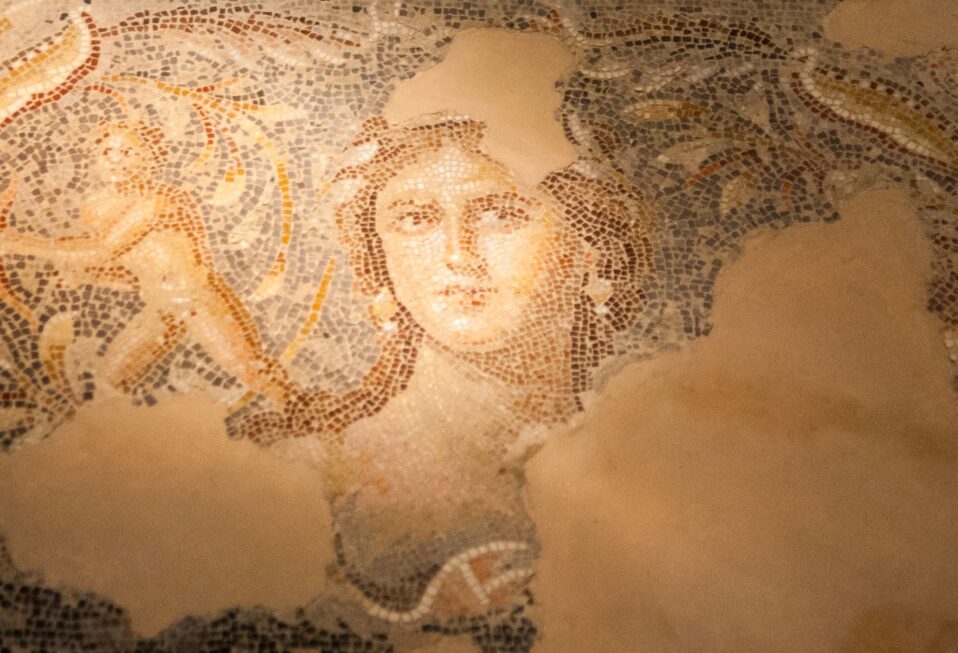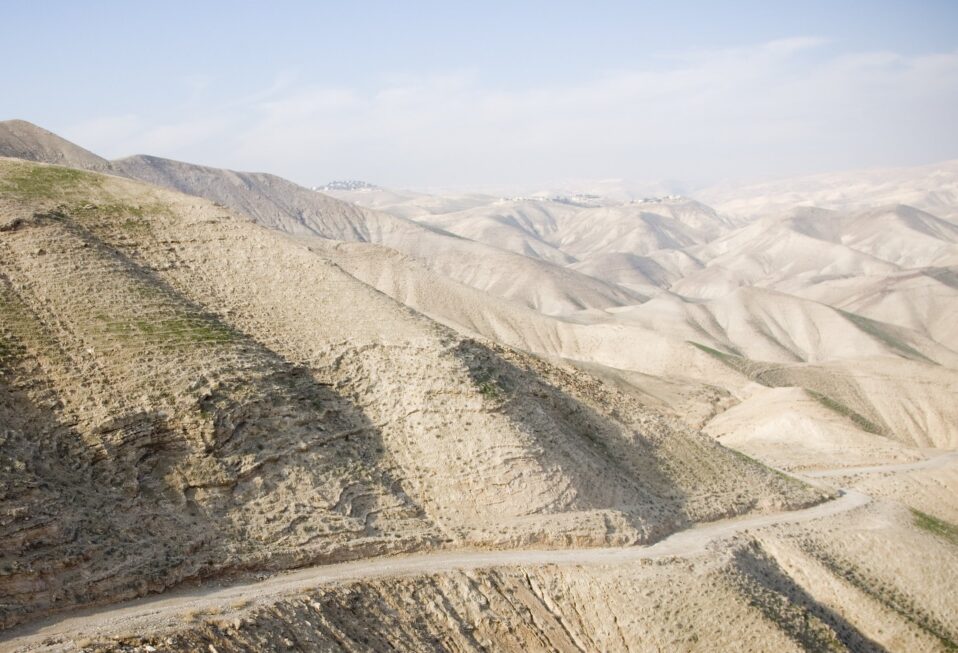By Arlene Bridges Samuels
Both history and the sacrifice of U.S. military troops are vital proofs to help us understand threats in our world today. Although significant facts may have slipped from the minds of most Americans, our military, their families, and friends have not forgotten the direct, deadly attacks engineered by the Iranian regime for decades.
Forty years ago, a horrific terror attack killed 241 U.S. marines, soldiers, and sailors deployed to Beirut, Lebanon, as part of a multinational peacekeeping force during the Lebanese Civil War. The attack had the highest single-day death toll for the U.S. Marine Corps since the Battle of Iwo Jima in 1945. That day—October 23, 1983—a Hezbollah terrorist financed and armed by Iran’s Islamic Revolutionary Guard Corps drove a 19-ton Mercedes truck into an American barracks near the Beirut airport. Marines standing guard outside were following the peacetime rules of engagement, which required their guns to be unloaded. The truck plowed through concertina wire and exploded at the barracks while our soldiers slept. Although our military came in peace, it mattered not to the Islamic regime and its proxies. Then, as now, terrorists’ rules of engagement do not value life and freedom as we do in the United States and in Israel.
The Iraq War (2003-2011) is still fresh and painful for American families whose loved ones died or suffered traumatic wounds to mind and body during Operation Iraqi Freedom. Iran’s border with Iraq, stretching for 994 miles, allowed easy access to our heroic American soldiers on the ground.
Iran’s Islamic Revolutionary Guard Corps (IRGC) used “asymmetric (irregular) warfare” against our troops. Using a simply made, deadly mixture that utilizes homemade elements such as fertilizer, gunpowder, and hydrogen peroxide, Improvised Explosive Devices (IEDs) are quite versatile. Ranging in size from small pipe bombs to larger, sophisticated devices, IEDs can be hidden in the dirt, thrown from a distance, or placed in cars or inside innocent-looking packages. Tucked out of sight, they can exact massive damage. Explosively Formed Penetrators (EFPs) are roadside bombs that penetrate even armored vehicles. Overall, Iran is responsible—either directly or indirectly—for nearly one out of every six American combat deaths in Iraq.
The number and severity of injuries—and the devastating loss of life—from Operation Iraqi Freedom are heartbreaking, with 4,492 U.S. service members dead and 32,292 wounded. During the Iraq war, American deaths were a cause for elation among Iranian leaders and their elite Islamic Revolutionary Guard Corps.
Iran has established itself more deeply now in Israel, within Palestinian-run towns right in Israel’s biblical heartland. Remember that the Islamic regime views the United States as the “great satan” and Israel as the “small satan.” Our freedoms and cooperation are closely tied together as targets of the biggest terror-sponsoring state on earth.
Security threats are tightening around Israel. The Islamic regime’s surrogates surrounding the tiny Jewish State have now implemented the use of IEDs and EFPs to murder Israeli civilians and members of the Israel Defense Forces (IDF). On 24/7 alert, Israel is already fully engaged in tracking every inch of its borders due to terrorists in Gaza, Lebanon, and Syria funded by Iran’s apocalyptic leaders.
Not since the Second Intifada (2000-2005), where terrorists murdered over 1,000 Israelis and injured thousands more, has Israel faced such a growing number of internal dangers. In that uprising, Palestinians enlisted human suicide bombers to kill and maim Israelis. Now IEDs and EFPs are becoming murder weapons for Palestinian terror groups that are banding together, united by hate. Among them are Hamas, the Jenin Lion’s Den, Palestinian Islamic Jihad, Hezbollah, IRGC in Syria, and others—inside, outside, and alongside Israel.
Now, the deadly devices can be manufactured in Palestinian towns. Thus, in early July, the IDF were forced to carry out a two-day defensive operation in Jenin to find and remove weapons and manufacturing labs. An example of what they discovered: The IDF located a large weapons cache in tunnels dug within the al-Ansari mosque. During the 48-hour counterterrorism operation, Israeli Ambassador Mike Herzog tweeted: “Over the past two years, Jenin has become a major hub of terrorism and an Iranian stronghold close to Israeli population centers. Most of the terror attacks against Israelis originated from Jenin. No nation would sit idly by as terrorists strike its citizens.”
Stabbings and car rammings are already prevalent, with added cross-border weapons smuggled from terrorists to terrorists. Last week, an IED injured four IDF soldiers. It was set off while the soldiers were securing the entrance for Jewish pilgrims visiting Joseph’s Tomb in Shechem located in Samaria.
However, two incidents last month make it clear that Iran is also activating its dangerous assaults anywhere possible. Israeli Arab citizens were caught smuggling explosives into Lod, a city in central Israel. Then two large explosives were stopped, this time coming in from Jordan.
Commemorations will take place once again in the United States marking the 40th anniversary of the 241 peacekeepers—service members who were murdered in Lebanon while they slept in their beds. Our great ally Israel has encountered (and will encounter still more) loss, trauma, and burials due to actions sanctioned by the evil Ayatollahs and their surrogates, who applaud when IEDs, EFPs, cars, knives, and guns enable the murder of innocents—even among their own desperate population.
In closing, the Biden administration’s appeasement plan to release billions of dollars in frozen Iranian assets via Iraq and South Korea empowers Iran. Although those funds are ostensibly to pay Iraq’s gas and electricity debt to Iran—so Iranian gas will keep flowing to Iraqi citizens—the Iranian regime will undoubtedly use that money to do what it’s always done: perpetrate hate and killings and imprisoning its freedom-starved population. For decades, Iran has annually provided roughly $700 million to Hezbollah, $100 million to Hamas and Palestinian Islamic Jihad in Gaza, and hundreds of millions to IRGC in Iraq and Syria to attack Israelis and Americans. Does the Islamic regime need more money to murder Americans, Israelis, and others?
A fact: Mr. Biden is bypassing Congress despite their Iran Nuclear Agreement Review Act (INARA). The legislation does not allow the president to issue any “statutory sanctions relief for Iran in connection with any broadly defined agreement … regardless of the form it takes … and regardless of whether it is legally binding or not.”
Although John Kirby, a spokesman for the U.S. National Security Council, stated that Iran is only using the money for “humanitarian purposes,” the Iranian foreign minister has declared, “The decision on how to utilize these unfrozen resources and financial assets lies with the Islamic Republic of Iran.” Again, history shows American naivete. The relief money will not reach Iran’s desperate population. Instead, it will empower Iran’s terror and its unceasing quest for a nuclear weapon.
Our CBN Israel team welcomes you to join us this week to pray by holding fast to Psalm 46:1-3 NIV: “God is our refuge and strength, an ever-present help in trouble. Therefore we will not fear, though the earth give way and the mountains fall into the heart of the sea, though its waters roar and foam and the mountains quake with their surging.”
Prayer Points:
- Pray for Gold Star families amid their tragic losses.
- Pray for American soldiers wounded in mind and body from traumas of war.
- Pray for Israeli families burying their loved ones to sense comfort and relationship with the God of Abraham, Isaac, Jacob, and Jesus.
- Pray for wisdom for the Biden administration.
- Pray for Americans and Israelis to remain strong together.
Arlene Bridges Samuels pioneered Christian outreach for the American Israel Public Affairs Committee (AIPAC). After she served nine years on AIPAC’s staff, International Christian Embassy Jerusalem USA engaged her as Outreach Director part-time for their project, American Christian Leaders for Israel. Arlene is an author at The Blogs-Times of Israel and has traveled to Israel since 1990. She co-edited The Auschwitz Album Revisited and is a volunteer on the board of Violins of Hope South Carolina. Arlene has attended Israel’s Government Press Office Christian Media Summit three times and hosts her devotionals, The Eclectic Evangelical, on her website at ArleneBridgesSamuels.com.


